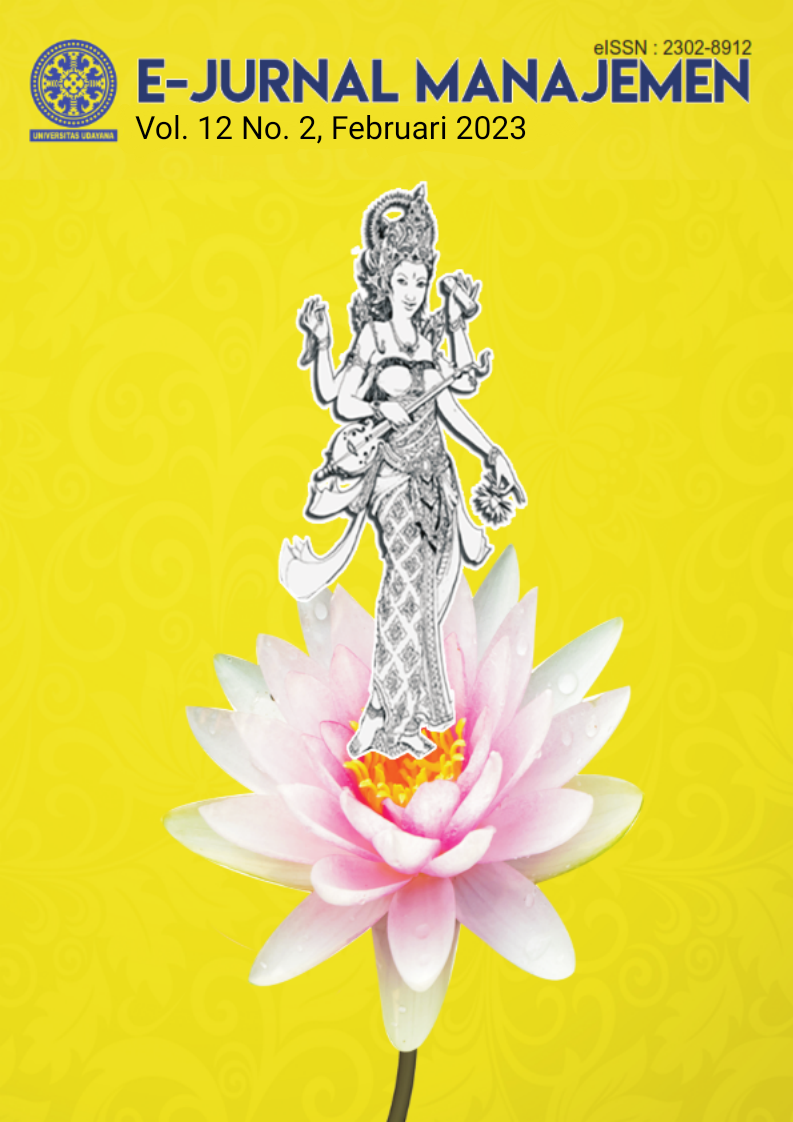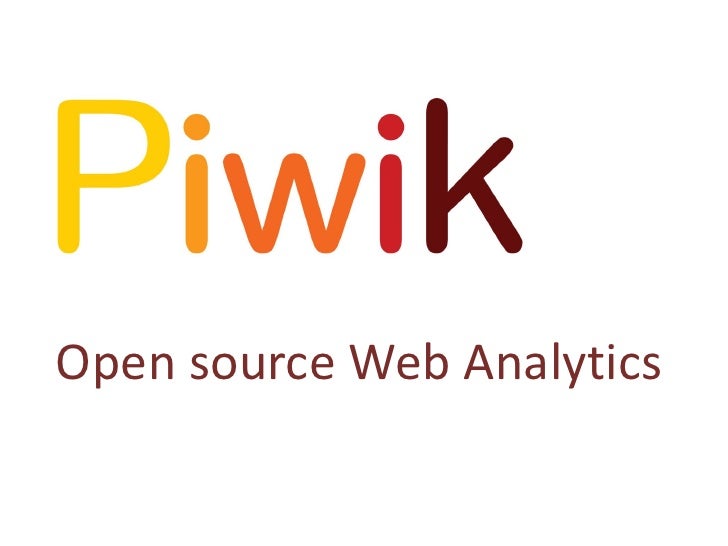INTEGRASI PENGETAHUAN LINGKUNGAN, SISTEM KERJA KINERJA TINGGI HIJAU, DAN GREEN AMIDEXTERITY TERHADAP KINERJA LINGKUNGAN UKM DI TALAUD
Abstract
Penelitian ini meneliti pengaruh Environmental Knowledge Integratoin (EKI), Green HighPerformance Work System (GHPWS), Green Ambidexterity (GA) terhadap Environmental Performance (EP) pada UKM di Talaud. Dimana tujuan penelitian ini yaitu untuk menganalisis pengaruh Environmental Knowledge Integratoin (EKI), Green High Performance Work System (GHPWS), Green Ambidexterity (GA) terhadap Environmental Performance (EP) pada UKM serta membantu UKM dalam menghadapi masalah lingkungan Ekologi yang muncul. Dengan menyebarkan Kuesioner kepada karyawan yang bekerja di UKM di Talaud dan terkumpul 120 tanggapan dari survei yang di lakukan. Dari survei serta pengolahan data yang di temukan penelitian ini menunjukan bahwa Environmental Knowledge Integration (EKI) tidak harus mencerminkan tekanan pemangku kepentingan namun tindakan proaktif dalam mengurangi masalah keberlanjutan dalam meningkatkan Environmental Performance (EP), dan dalam hal ini Green High Performance Work System (GHPWS) Diperlukan untuk memperoleh, mengembangkan, dan mempertahankan karyawan untuk membawa keyakinan dalam nilai nilai hijau ke dalam kerja. Praktik Green High Performance Work System (GHPWS) sangat membantu UKM dalam proses pelatihan, Rekrutmen, seleksi, evaluasi kinerja kompensasi bahkan kebijakan partisipasi karyawan serta untuk mempertahankan proses hijau dan inovasi produk dimana ini dapat meningkatkan Environmental Performance (EP).
This study examines the effect of Environmental Knowledge Integratoin (EKI), Green High Performance Work System (GHPWS), Green Ambidexterity (GA) on Environmental Performance (EP) in SMEs in Talaud. Where the purpose of this study is to analyze the effect of Environmental Knowledge Integration (EKI), Green High Performance Work System (GHPWS), Green Ambidexterity (GA) on Environmental Performance (EP) in SMEs and assist SMEs in dealing with emerging ecological environmental problems. By distributing questionnaires to employees working in SMEs in Talaud and collecting 120 responses from the survey conducted. From the survey and data processing, this research found that Environmental Knowledge Integration (EKI) does not have to reflect stakeholder pressure but is a proactive action in reducing sustainability issues in increasing Environmental Performance (EP), and in this case the Green High Performance Work System (GHPWS). ) Required to acquire, develop, and retain employees to bring the belief in green values into the workforce. The practice of the Green High Performance Work System (GHPWS) greatly assists SMEs in the process of training, recruitment, selection, evaluation of compensation performance and even employee participation policies as well as for maintaining green processes and product innovation where this can improve Environmental Performance (EP).
Downloads
References
Ben Arfi, W., Hikkerova, L., & Sahut, J. M. (2018). External knowledge sources, green innovation and performance. Technological Forecasting and Social Change, 129(September), 210–220. https://doi.org/10.1016/j.techfore.2017.09.017
Chang, K. H., & Gotcher, D. F. (2020). How and when does co-production facilitate eco-innovation in international buyer-supplier relationships? The role of environmental innovation ambidexterity and institutional pressures. International Business Review, 29(5), 101731. https://doi.org/10.1016/j.ibusrev.2020.101731
Chen, Y. S., Chang, C. H., & Lin, Y. H. (2014). The determinants of green radical and incremental innovation performance: Green shared vision, green absorptive capacity, and green organizational ambidexterity. Sustainability (Switzerland), 6(11), 7787–7806. https://doi.org/10.3390/su6117787
Crossley, R. M., Elmagrhi, M. H., & Ntim, C. G. (2021). Sustainability and legitimacy theory: The case of sustainable social and environmental practices of small and medium-sized enterprises. Business Strategy and the Environment, 30(8), 1–23. https://doi.org/10.1002/bse.2837
DIASH, A. F., & SYARIFAH, D. (2021). PengaruhEnvironmental Knowledge dan Environmental Concern terhadap Green Purchase Intention pada Generasi MilenialTitle. Journal.Unair.Ac.Id. https://e-journal.unair.ac.id/BRPKM/article/view/26747/pdf
Hadjri, M. I., Perizade, B., Zunaidah, & Farla, W. (2019). Green Human Resource Management, Green Organizational Culture, and Environmental Performance: An Empirical Study. 100(Icoi), 138–143. https://doi.org/10.2991/icoi-19.2019.25
Hair, J. F., Black, W. C., Babin, B. J., & Anderson, R. E. (2012). MULTIVARIATE DATA ANALYSIS. https://doi.org/10.1111/j.1744-7941.2011.00012.x
Janna, N. M. (2020). Konsep Uji Validitas dan Reliabilitas dengan Menggunakan SPSS. Artikel : Sekolah Tinggi Agama Islam (STAI) Darul Dakwah Wal-Irsyad (DDI) Kota Makassar, 18210047, 1–13.
Kim, Y. J., Kim, W. G., Choi, H. M., & Phetvaroon, K. (2019). The effect of green human resource management on hotel employees’ eco-friendly behavior and environmental performance. International Journal of Hospitality Management, 76(April 2018), 83–93. https://doi.org/10.1016/j.ijhm.2018.04.007
Liefländer, A. K., Bogner, F. X., Kibbe, A., & Kaiser, F. G. (2015). Evaluating Environmental Knowledge Dimension Convergence to Assess Educational Programme Effectiveness. https://www.researchgate.net/publication/241237672_Evaluating_Environmental_Knowledge_Dimension_Convergence_to_Assess_Educational_Programme_Effectiveness
Lin, S. T., & Niu, H. J. (2018). UJI VALIDITAS DAN RELIABILITAS KUESIONER PERILAKU PROSOSIAL. Business Strategy and the Environment, 27(8), 1679–1688. https://doi.org/10.1002/bse.2233
Machado, M. C., Vivaldini, M., & de Oliveira, O. J. (2020). Production and supply-chain as the basis for SMEs’ environmental management development: A systematic literature review. Journal of Cleaner Production, 273. https://doi.org/10.1016/j.jclepro.2020.123141
Paauwe, J. (2009). Paauwe2009. Journal of Management Studies, 46(January).
Rakhmawati, A., Rahardjo, K., & Kusumawati, A. (2019). Faktor Anteseden dan Konsekuensi Green Supply Chain Management. Jurnal Sistem Informasi Bisnis, 9(1), 1. https://doi.org/10.21456/vol9iss1pp1-8
Rosita, E., Hidayat, W., & Yuliani, W. (2021). Uji Validitas dan Reliabilitas Kuesioner Perilaku Prososial. Jurnal Fokus, 4(4), 279–284. file:///C:/Users/ASUS/Downloads/7413-21921-1-PB (1).pdf
Sekaran, U., & Bougie, R. (2016). research methods for business. www.wileypluslearningspace.com
Singh, S. K., Giudice, M. Del, Chierici, R., & Graziano, D. (2020). Green innovation and environmental performance: The role of green transformational leadership and green human resource management. Technological Forecasting and Social Change, 150(September 2019), 119762. https://doi.org/10.1016/j.techfore.2019.119762Sugiyono, & Fian. (2015). Teknik Purposive Sampling Serta Contohnya. Tambahpinter.Com. https://tambahpinter.com/teknik-purposive-sampling/#Pengertian_Purposive_Sampling_Menurut_Para_Ahli
Sun, H., Teh, P. L., & Linton, J. D. (2018). Impact of environmental knowledge and product quality on student attitude toward products with recycled/remanufactured content: Implications forenvironmental education and green manufacturing. Business Strategy and the Environment, 27(7), 935–945. https://doi.org/10.1002/bse.2043
Suzantho, F., & Hadi, W. (2019). kajian kinerja lingkungan UKM di Surabaya menuju industri hijau. 3, 1–8.
Tamaroba, R.(2021). TalaudDapat Kuota 6 Ribuan Penerima Bantuan Pelaku Usaha Mikro. Rri.Co.Id. https://rri.co.id/manado/nyiur-melambai/nusa-utara/1273200/Talaud-dapat-kuota-6-ribuan-penerima-bantuan-pelaku-usaha-mikro
Úbeda-García, M., Claver-Cortés, E., Marco-Lajara, B., & Zaragoza-Sáez, P. (2020). Toward a dynamic construction of organizational ambidexterity: Exploring the synergies between structural differentiation, organizational context, and interorganizational relations. Journal of Business Research, 112(June), 363–372. https://doi.org/10.1016/j.jbusres.2019.10.051
Úbeda-García, M., Marco-Lajara, B., Zaragoza-Sáez, P. C., Manresa-Marhuenda, E., & Poveda-Pareja, E. (2022). Green ambidexterity and environmental performance: The role of green human resources. Corporate Social Responsibility and Environmental Management, 29(1), 32–45. https://doi.org/10.1002/csr.2171Yi, Y., Li, Y., Hitt, M. A., Liu, Y., & Wei, Z. (2016). The influence of resource bundling on the speed of strategic change: Moderating effects of relational capital. Asia Pacific Journal of Management, 33(2), 435–467. https://doi.org/10.1007/s10490-016-9458-z
Zahoor, N., & Gerged, A. M. (2021). Relational capital, environmental knowledge integration, and environmental performance of small and medium enterprises in emerging markets. Business Strategy and the Environment, 30(8), 3789–3803. https://doi.org/10.1002/bse.2840





















